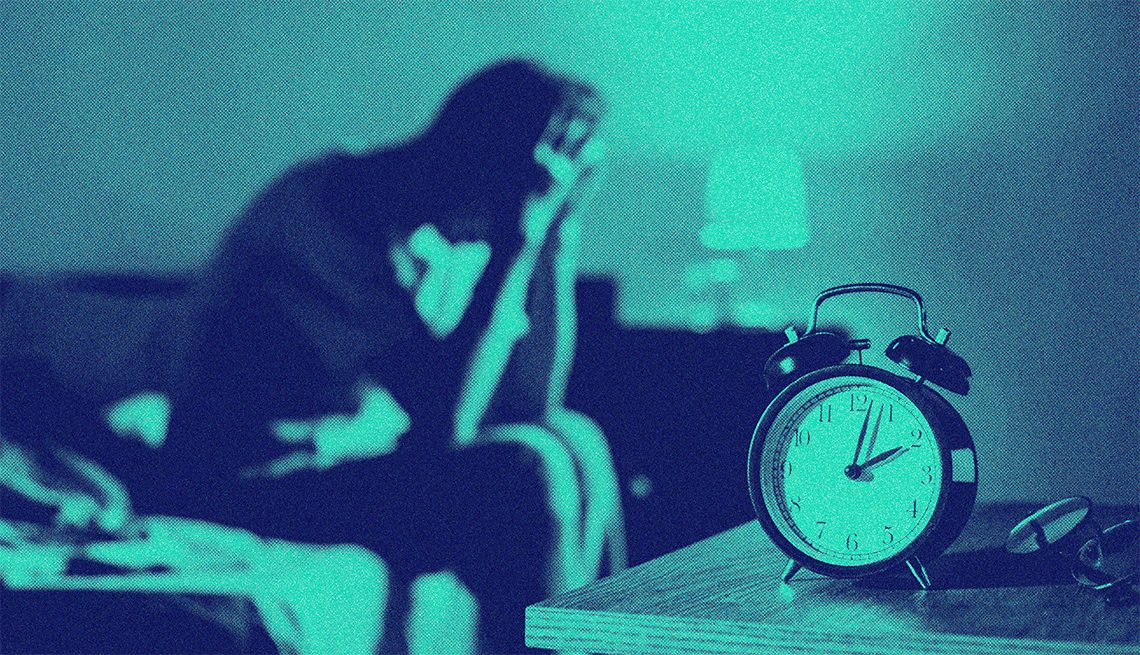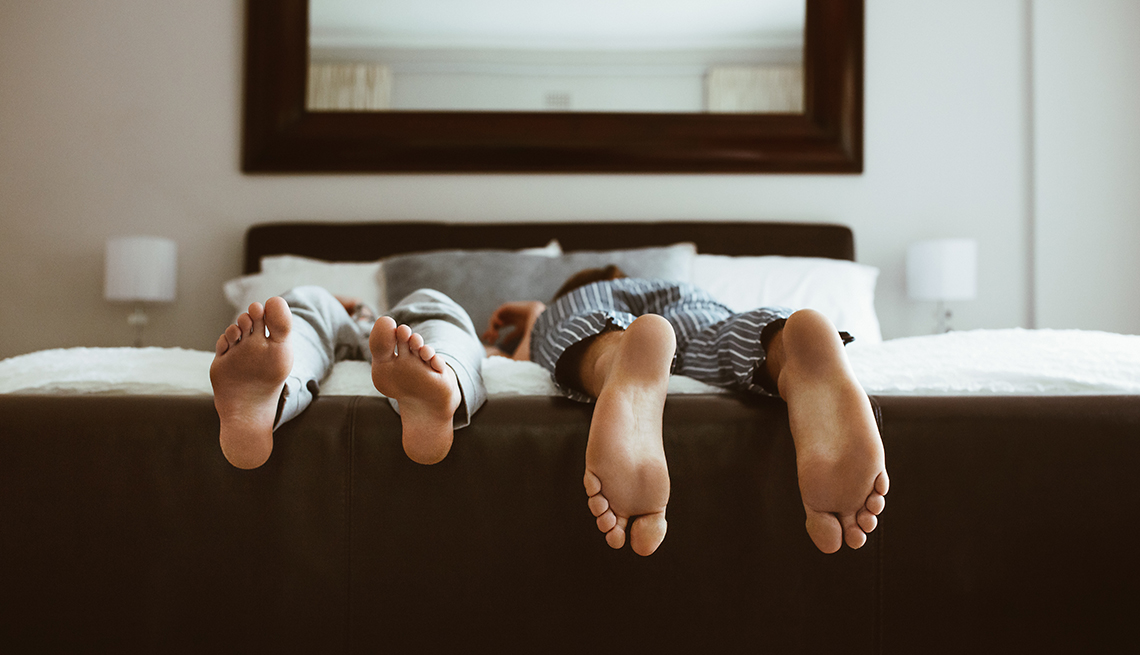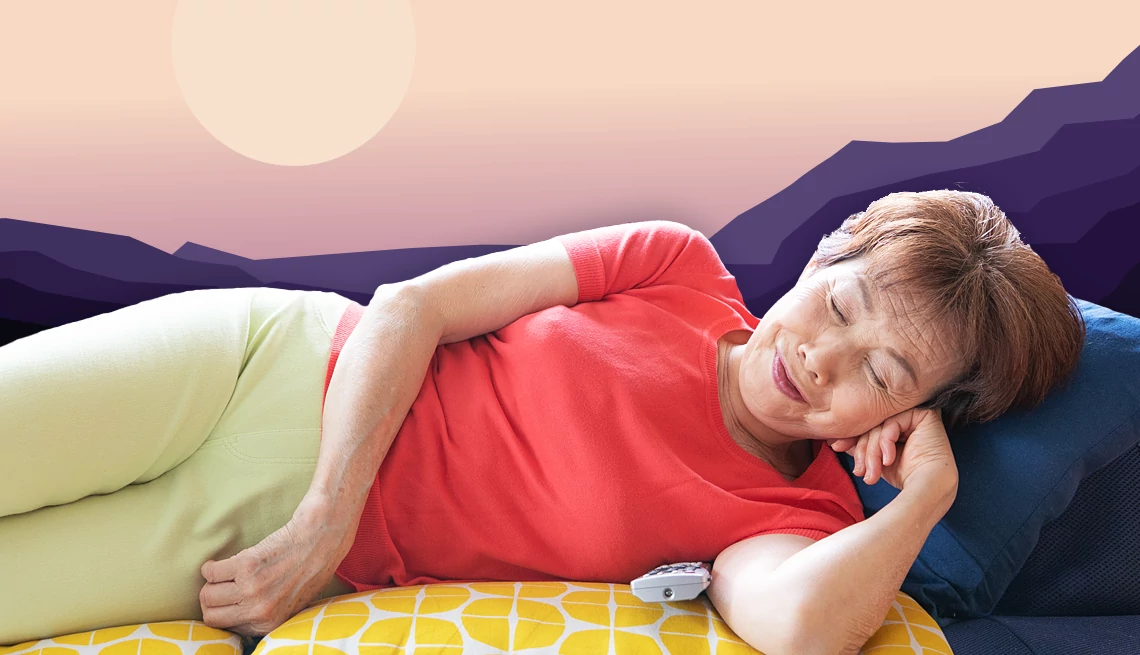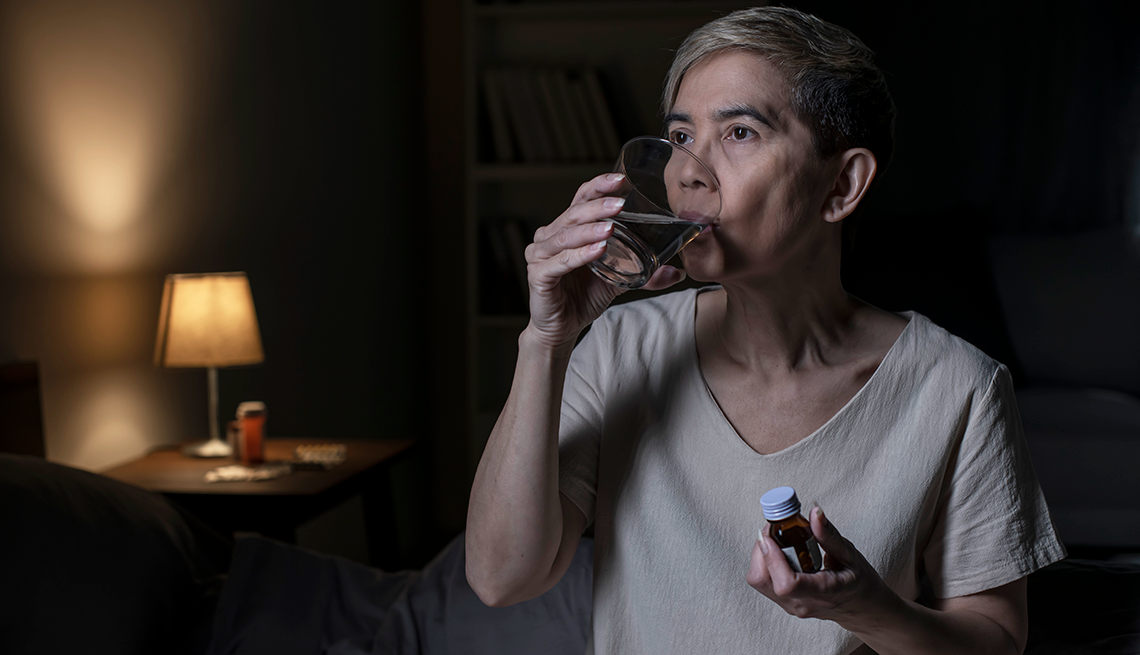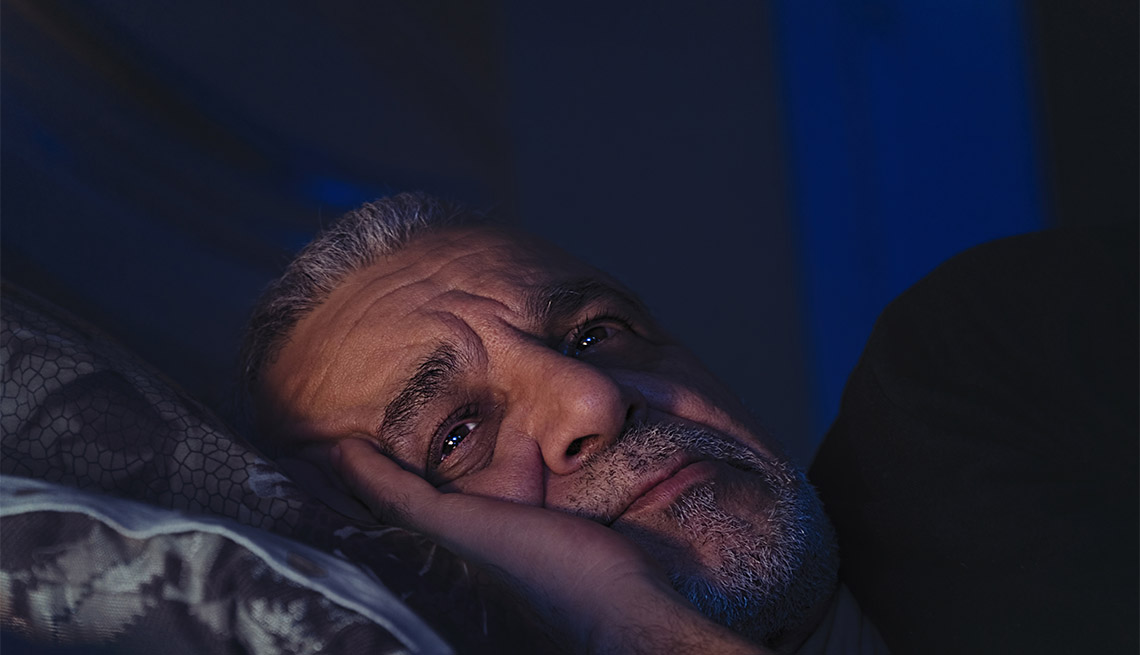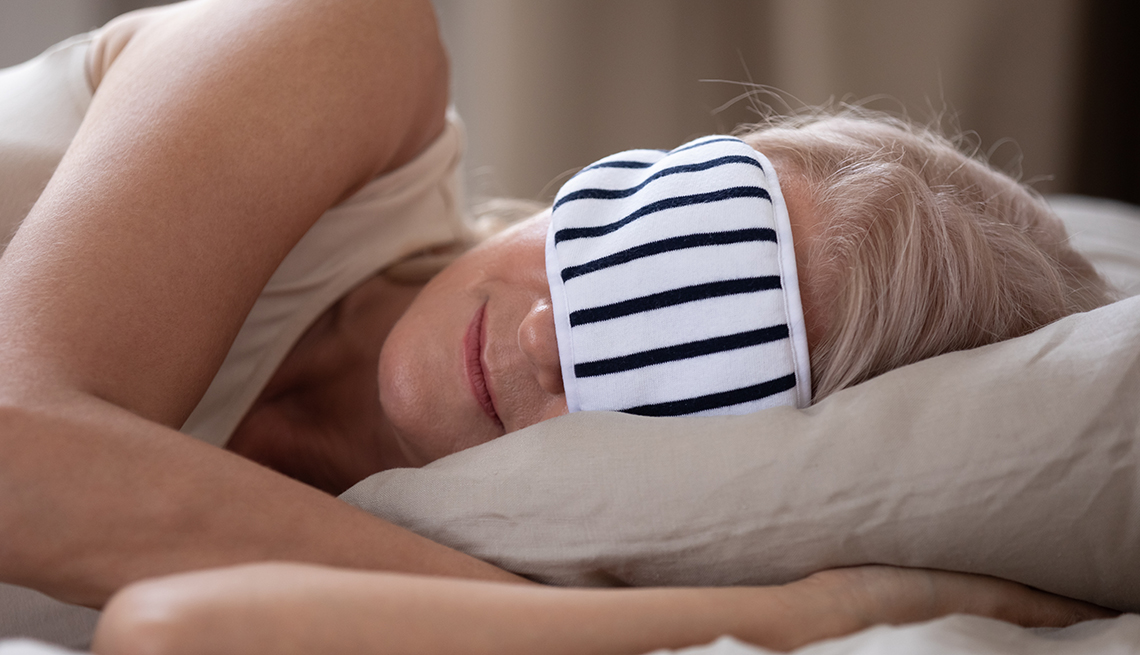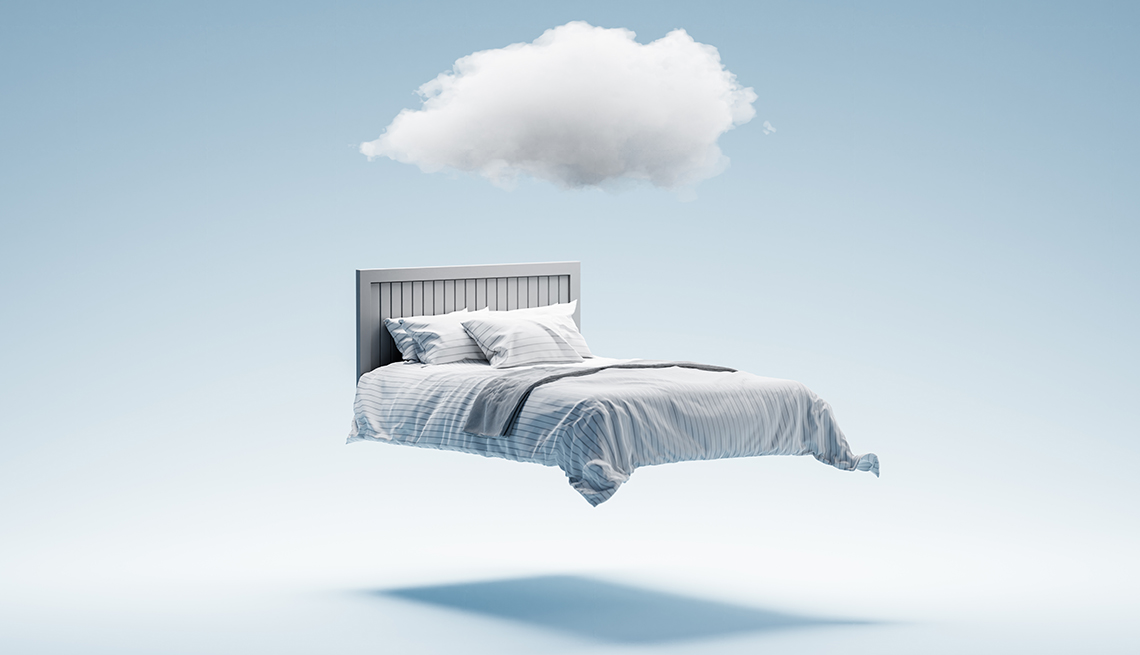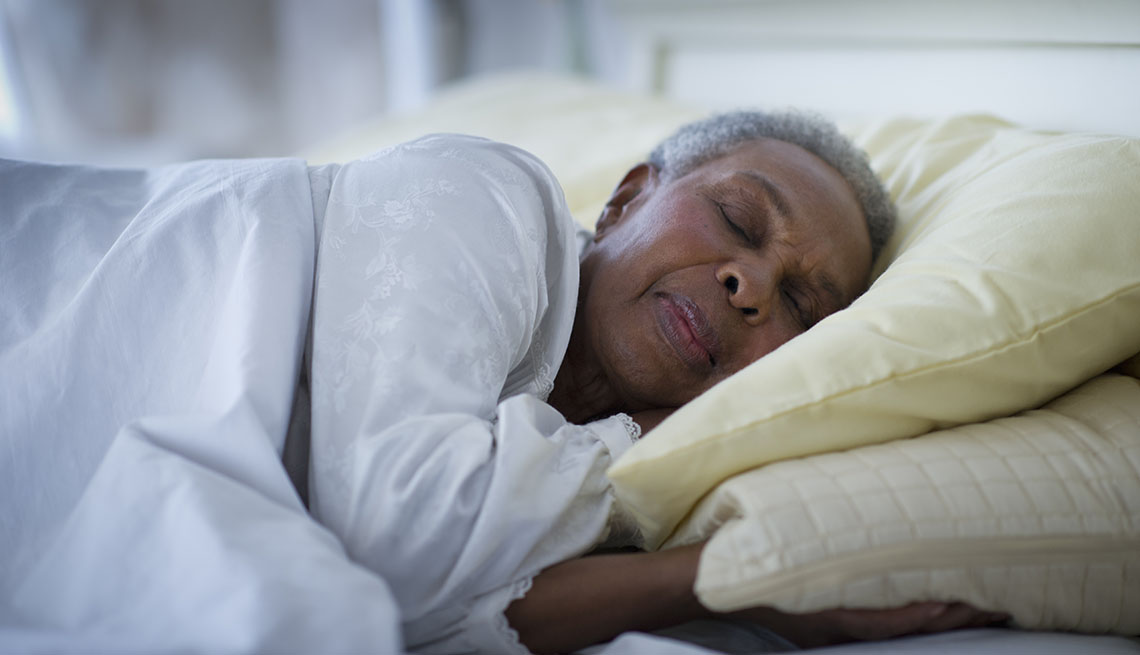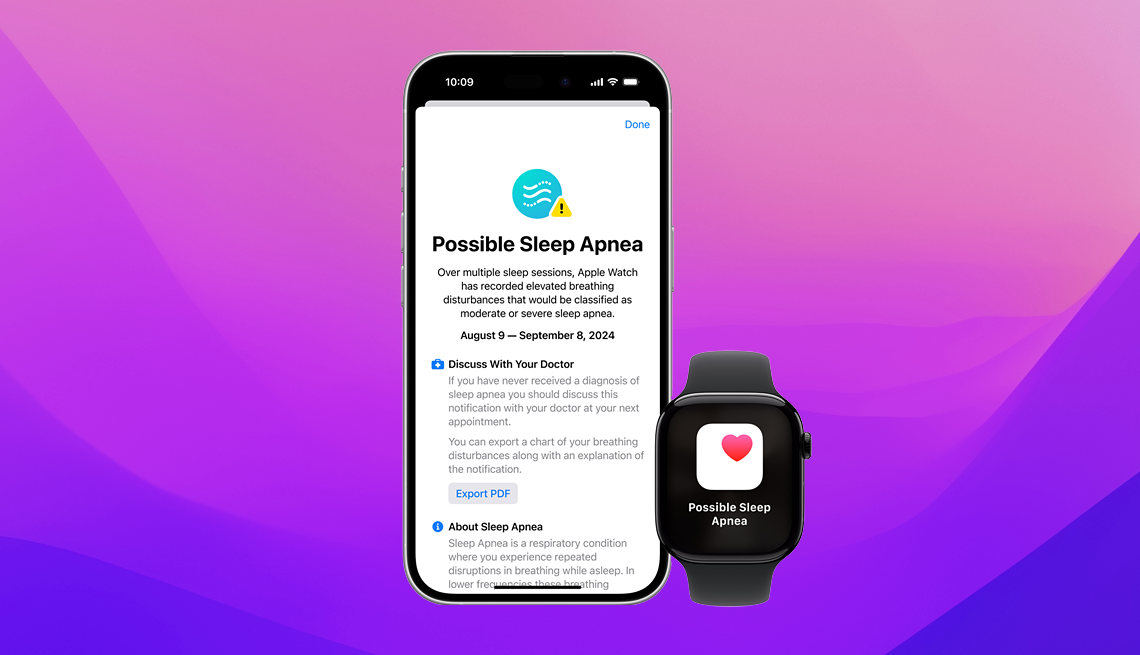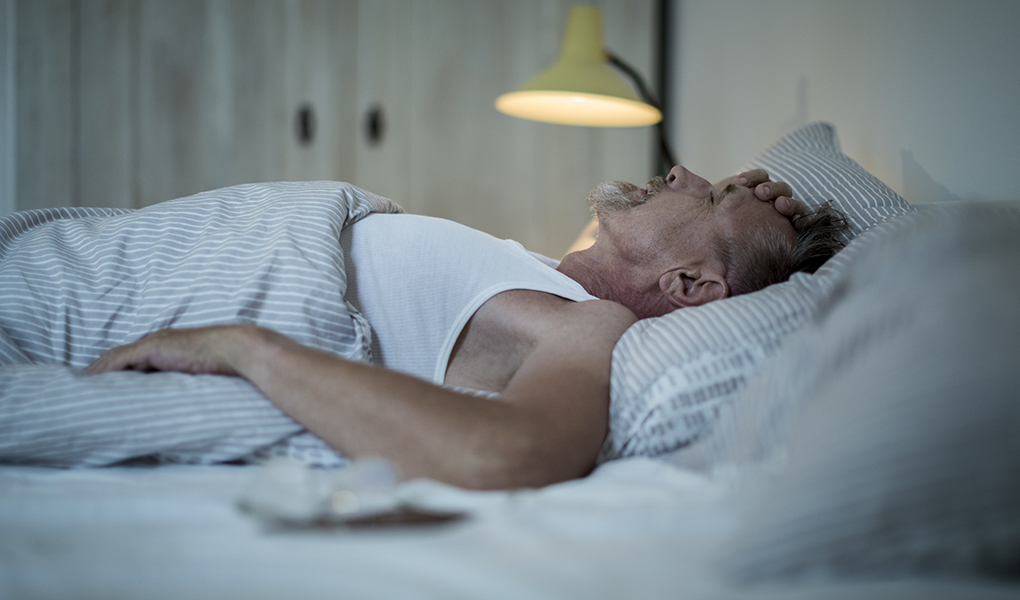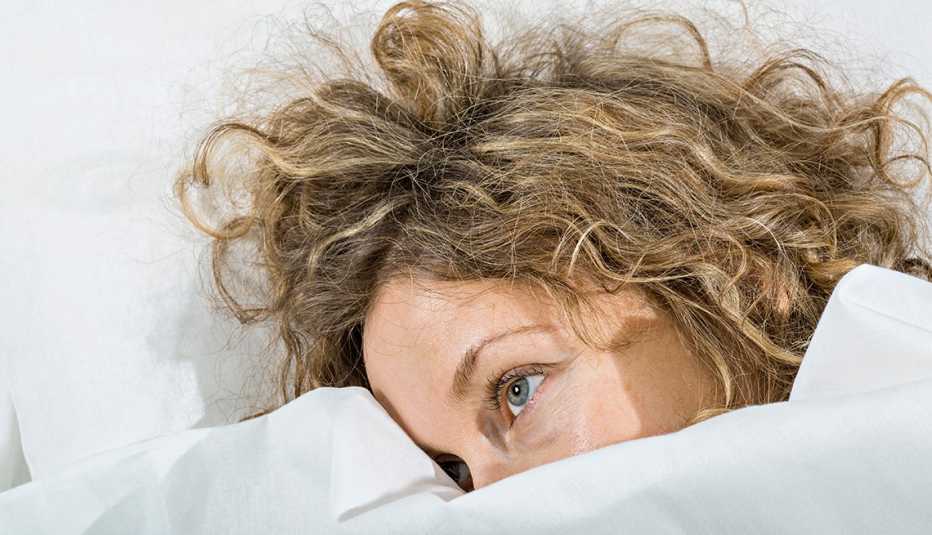AARP Hearing Center
Don’t believe the short sleepers. Those one-percenters — Martha Stewart and Elon Musk, among them — all claim to get by just fine on less than six hours of sleep a night. But sleep is meant to repair and restore, and research shows that unless you’re among the 1 percent with the “short sleeper” gene, you need at least seven hours a night to make that happen. No surprise, many of us — 1 in 3 — aren’t logging that many hours, and if we are, we aren’t doing so consistently or without waking throughout the night. That’s especially true as we age and begin to experience a shift in how we cycle through the different stages of sleep — what sleep experts call “sleep architecture.”
“As we get older, our sleep becomes more shallow and broken up, and the amount of deep sleep decreases somewhat,” explains Michael Grandner, director of the Sleep and Health Research Program at the University of Arizona College of Medicine Tucson. “This may be due to more sleep disrupters and medical issues interfering with our ability to get deep sleep, or it may just be a natural part of aging. We also tend to get more interruptions to sleep, for longer periods of time, as we get older.”
Whatever the exact reason, the cumulative effect goes way beyond simply feeling tired and foggy-headed the next day. Research shows that chronic sleep deprivation accelerates the aging process. According to a recent study in the Journal of Experimental Medicine, chronic insufficient sleep can negatively affect immune cells, which may lead to inflammatory disorders and heart disease. The study also found that catching up on sleep — say, on the weekends — doesn’t reverse the damage. Another study, published in PLOS Medicine, analyzed the impact of sleep duration on the health of almost 8,000 men and women at the ages of 50, 60 and 70. Researchers looked at the relationship between how long each participant slept, mortality and whether they had been diagnosed with two or more chronic diseases — such as heart disease, cancer or diabetes — over the course of 30 years. People who reported getting five hours of sleep or less at age 50 were 30 percent more likely to be diagnosed with at least two chronic diseases over 30 years, compared to people who slept for up to seven hours.
But that doesn’t mean staying healthy is contingent upon sleeping through the night without ever waking up. Uninterrupted sleep isn’t realistic, says Chris Winter, M.D., a neurologist, sleep expert and author of The Sleep Solution: Why Your Sleep Is Broken and How to Fix It.
Although we may not realize it, “humans wake up during the night a lot — probably 15 times every hour, and this number tends to grow as we age,” says Winter, who works with professional athletes to help them improve their sleep habits. “Waking up once or twice during the night does not mean your sleep is ruined. Every NBA player I work with wakes up once or twice to go to the bathroom at night, and they still score 15 points the next day and grab four rebounds.”
We go right back to sleep after most of those short awakenings, but sometimes we wake up and stay awake. So it isn’t the waking up that’s (necessarily) the problem. It’s the going back to sleep that can be tricky. Keep reading for tips on how to improve your chances of making that happen.
1. Set a regular bedtime (and stick with it)
Your chances of getting a good night’s sleep begin the night before. That’s right. The most important thing you can do in the name of getting a good night’s sleep is to go to bed and wake up at the same time every day, even on weekends.
What experts call good sleep hygiene “incorporates many different aspects, beginning with keeping to regular bedtimes and wake times, regardless of how the day went,” says Jing Wang, M.D., associate professor of medicine at the Icahn School of Medicine at Mount Sinai. Also important: “Protect the bedroom for sleep or sex only,” she adds. “You want to create a relaxing environment — quiet, cool and dark.” To that end, lower the thermostat slightly, close the blinds and “take the clock out of the bedroom or cover it so you don’t see it.” It’s a matter of heated debate among animal lovers, but having pets in your bed can disturb sleep.
































































